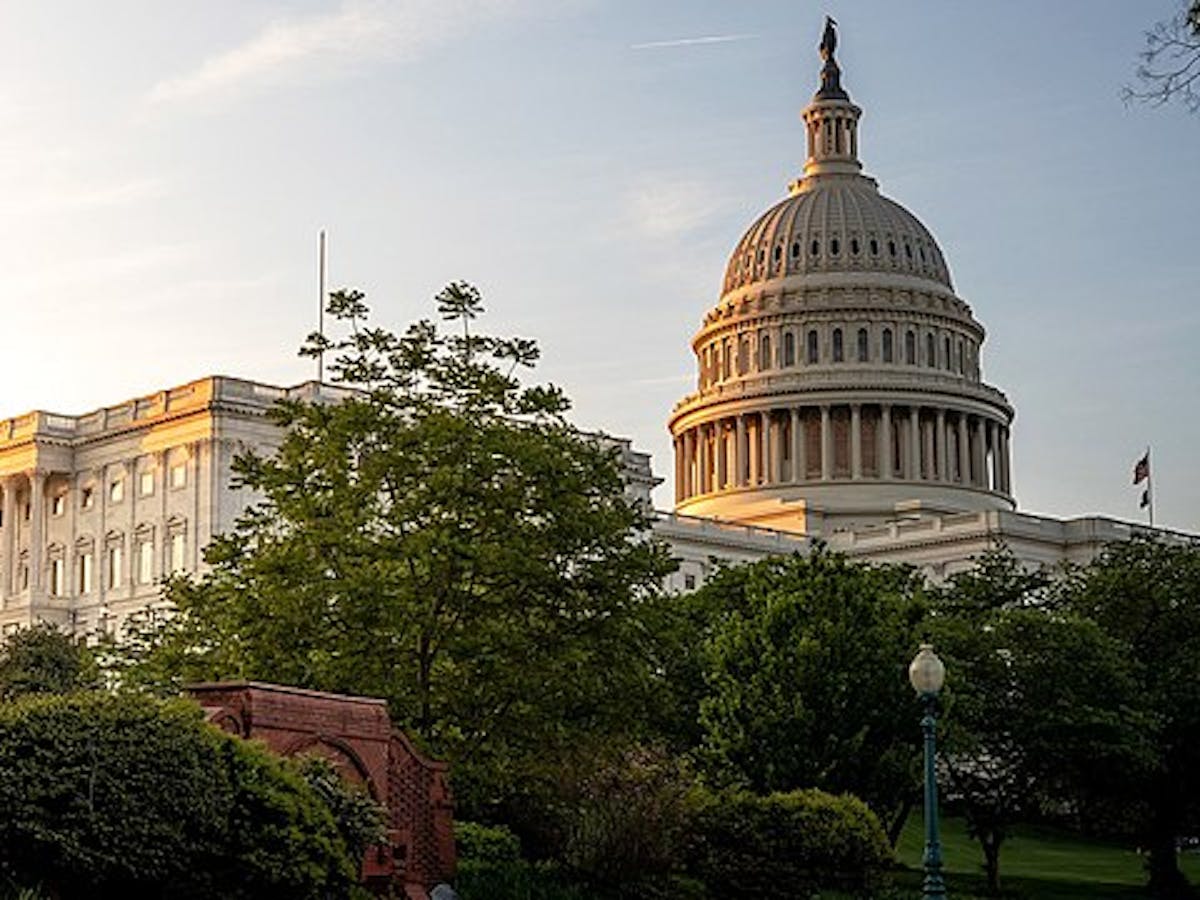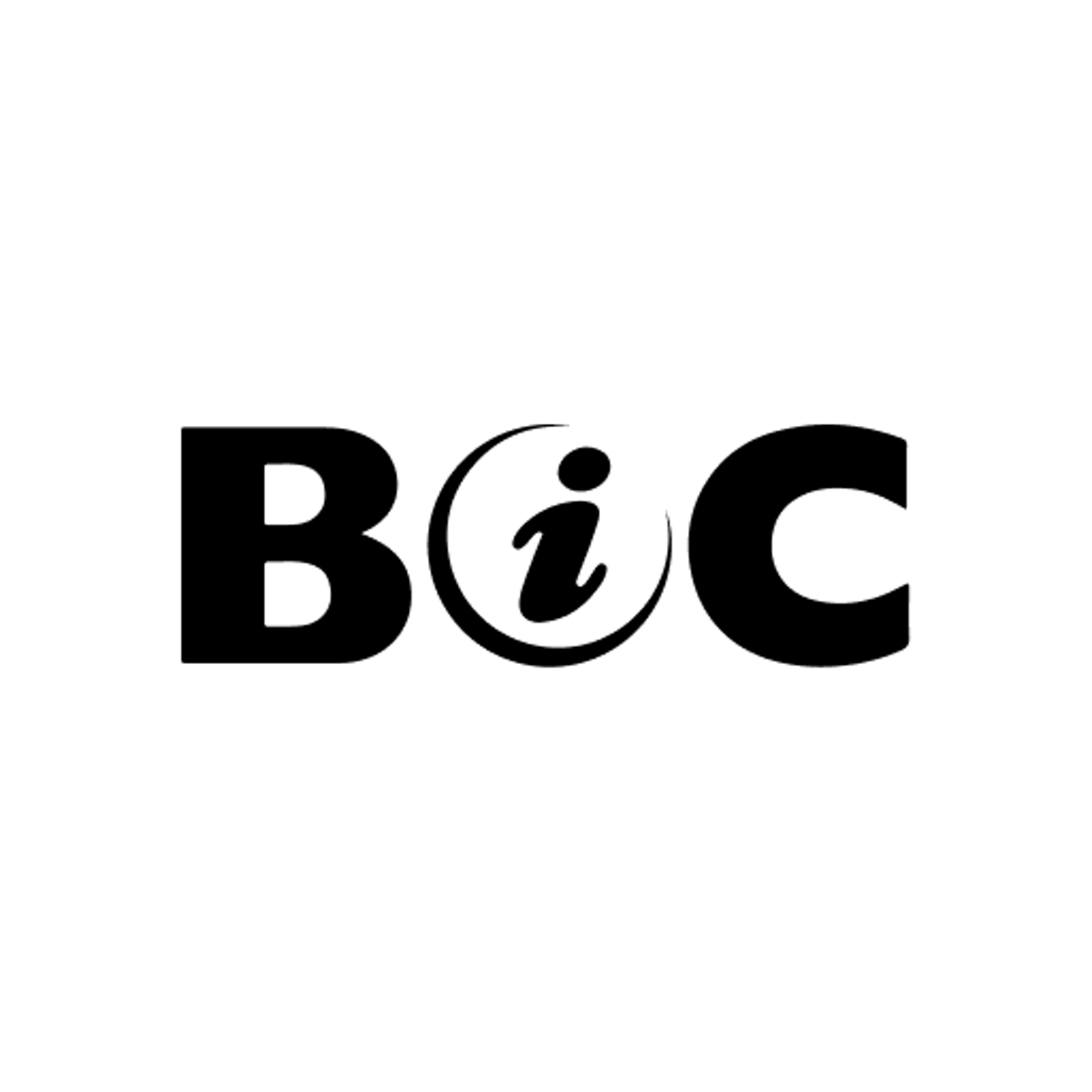On October 23rd, 2023, Congressional staffers, U.S. Government officials, and civil society representatives got together to celebrate the launch of the International Financial Institutions (IFI) Education Caucus. This bipartisan caucus, co-chaired by Representatives John Rutherford [FL-05-R] and Brittany Pettersen [CO-07-D], was formed to educate Members of Congress on the importance of the IFIs and how the historic leadership role of the U.S. at the institutions supports U.S. development priorities. The caucus aims to strengthen the U.S commitment to effective and informed engagement at the IFIs.
The renewed Congressional focus on the IFIs comes at a critical time. Currently, the World Bank and other MDBs plan to ramp up their lending volume and increase private sector mobilization in response to the G20 Capital Adequacy Framework. With this in mind, U.S. leadership at the institutions will be more important than ever to see to it that increased spending does not come at the cost of transparency and accountability. The IFI Education Caucus will help Members of Congress and their staffers understand the vital role Congress plays in the operations of the IFIs.
All U.S. contributions to the various IFIs must both be authorized and appropriated by Congress. The U.S. is the lead shareholder at the World Bank, International Monetary Fund (IMF), and the Inter-American Development Bank (IDB). The U.S. is also the largest out-of-region shareholder in the AfDB, the Asian Development Bank (ADB), and the European Bank for Reconstruction and Development (EDRB). The outsized contributions of the U.S. and the reliance on Congress to form contributions means Congress is well positioned to push for better policies at the IFIs. Besides its power over appropriations, Congress can also influence the IFIs by passing voice and vote mandates and international strategies that codify the positions the U.S. representatives at the IFIs must take during negotiations and board votes. Legislation can also mandate reporting on IFI operations, and Congressional Committees can hold hearings to raise concerns over specific programs and policies.
U.S. leadership within the IFIs has had a historically significant role in improving the IFI’s environmental and social practices. In 1989, Congress passed legislation that required executive directors that represent the U.S. at the World Bank and all regional multilateral development banks (MDBs) to vote against MDB projects that lack appropriate environmental assessments or if the assessments have not been disclosed to the public 120 days before the vote. This piece of legislation, colloquially known as the Pelosi Amendment, pushed all the major MDBs to implement environmental and disclosure practices to ensure they retained the support of the U.S. Similarly, in 1993, Congress tied financial support for the International Development Association’s (IDA) 10th replenishment to the creation of the Inspection Panel, the first independent accountability mechanism (IAM) of its kind. The Inspection Panel was formed the same year, and today, nearly all other MDBs have IAMs.
U.S. leadership has played an important role in pushing the IFIs to be more transparent, accountable, and environmentally and socially sustainable, but there is more to be done. The World Bank’s Paris Alignment methodology still suffers from gaps that compromise the Bank’s environmental performance, and the private sector lending arm of the World Bank still greatly struggles to provide remedy to project-affected communities. The Inter-American Development Bank’s (IDB) access to information policy is rife with ambiguities, and the African Development Bank’s (ADB) Integrated Safeguard System has enduring issues with implementation. The launch of the IFI Caucus provides an opportunity for Congress to strengthen U.S. leadership and address these challenges. We welcome the launch of the Caucus and look forward to future engagement.

